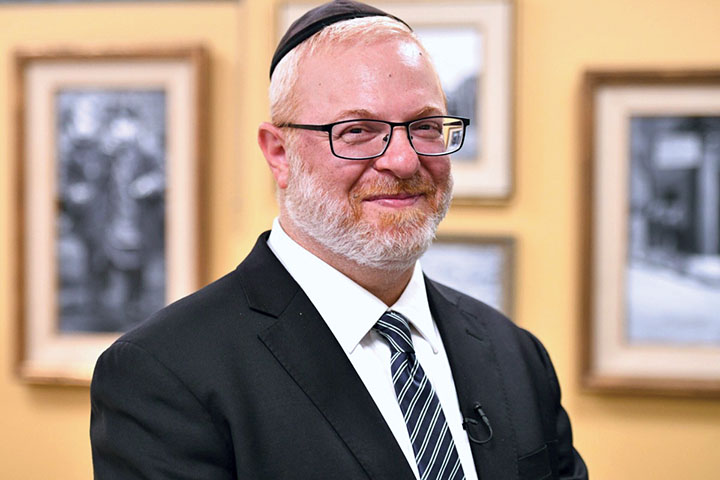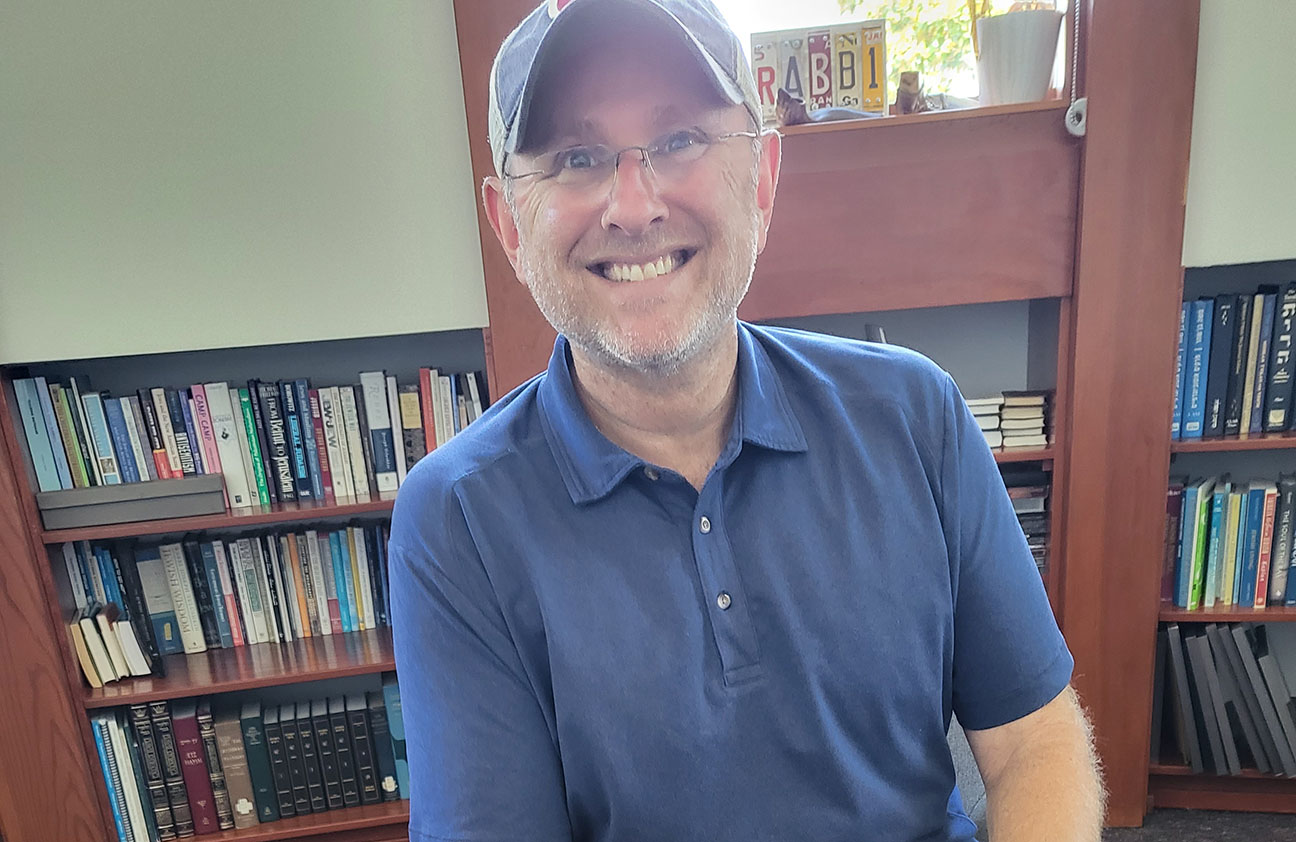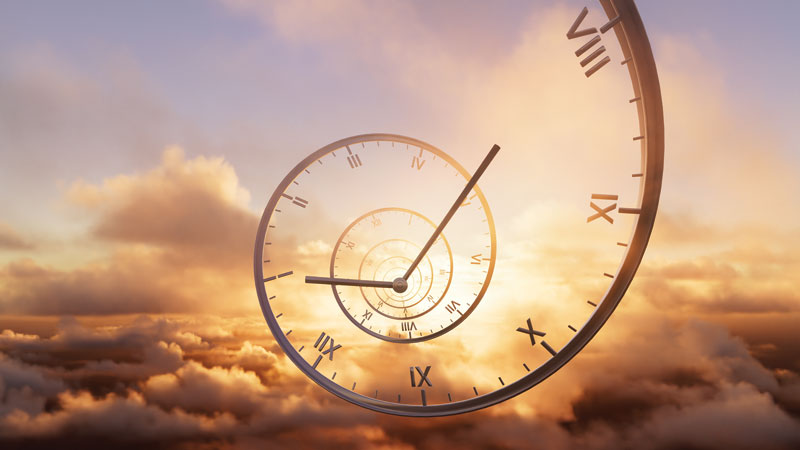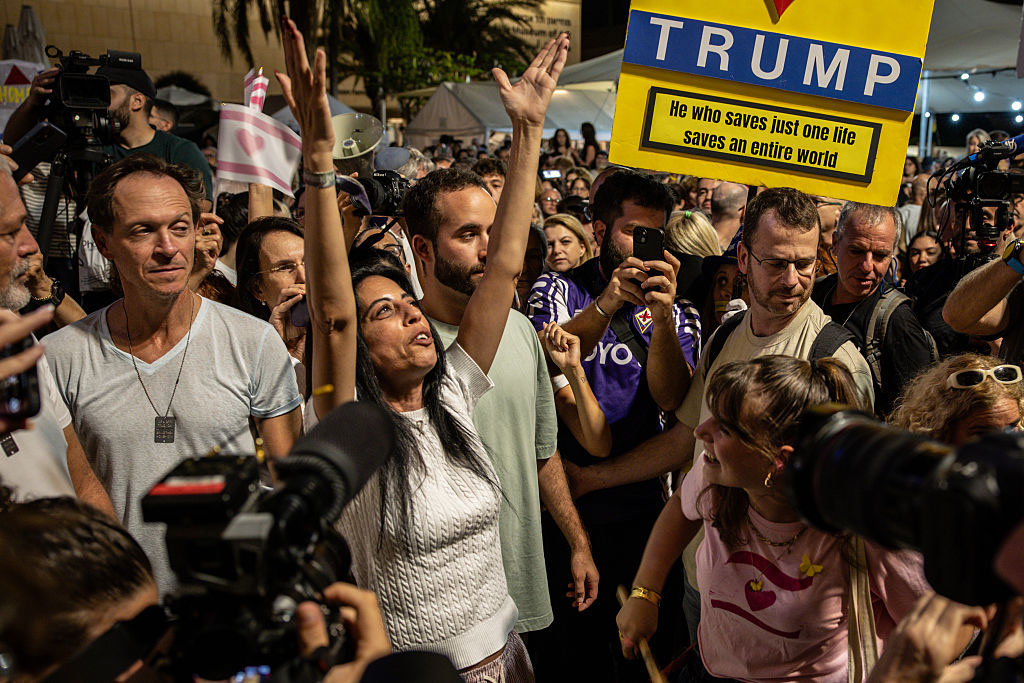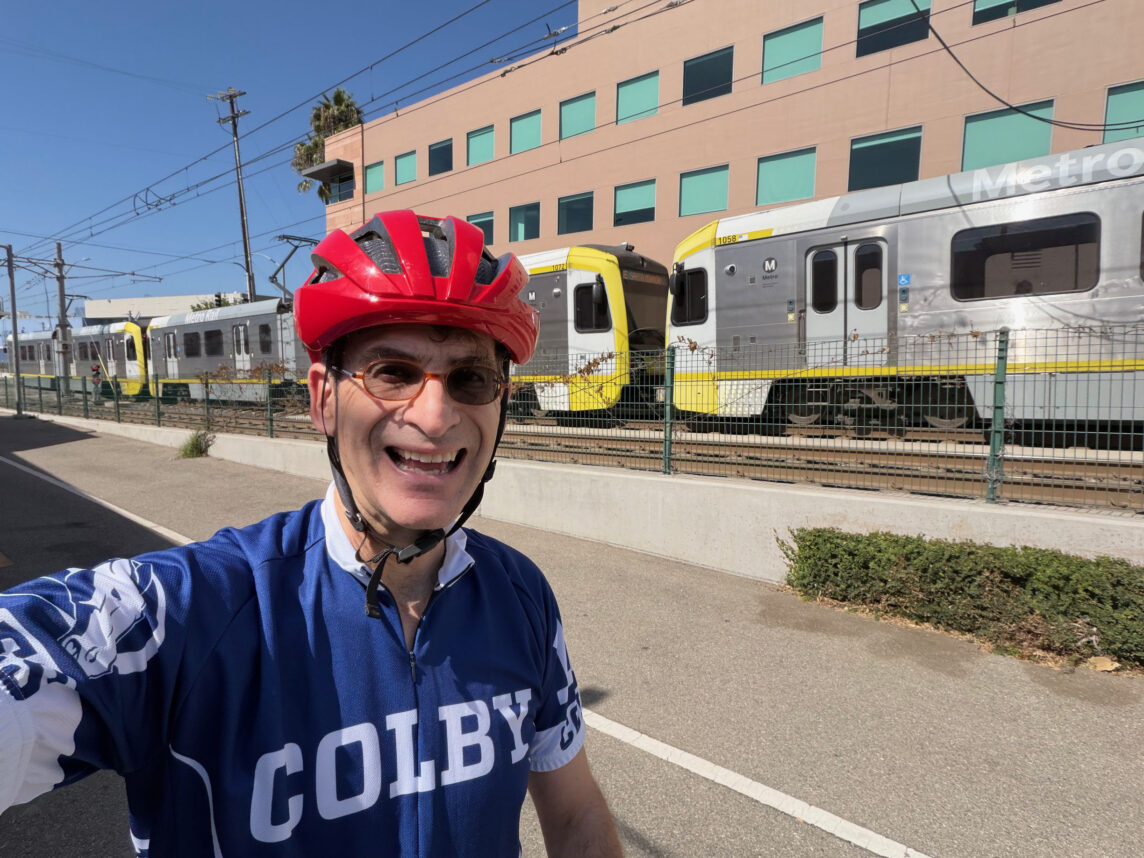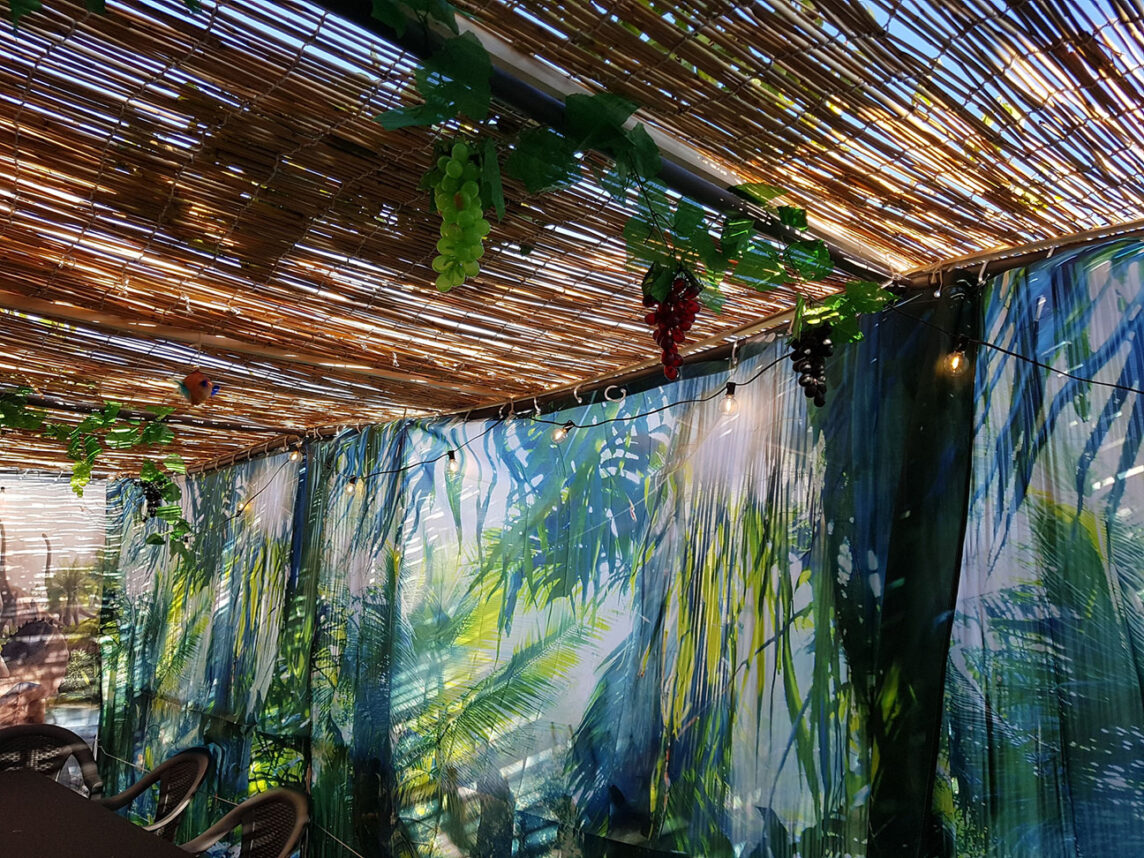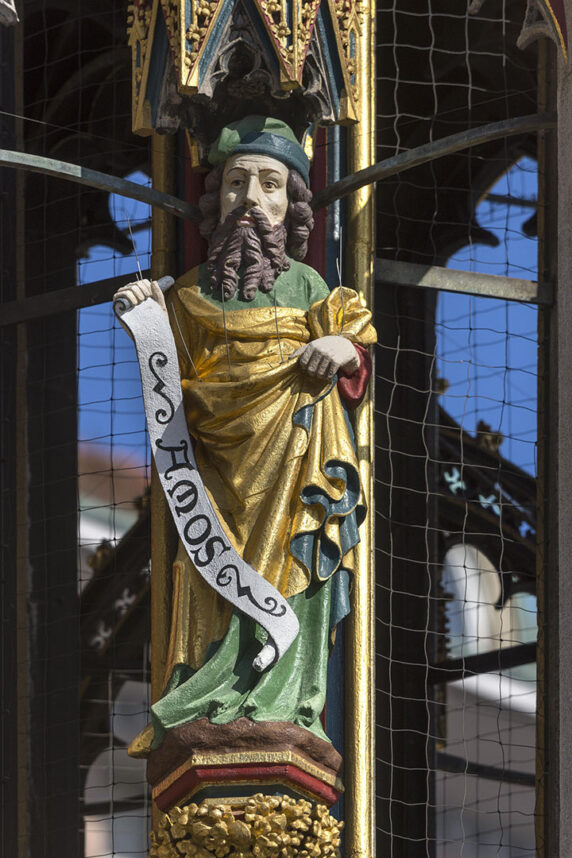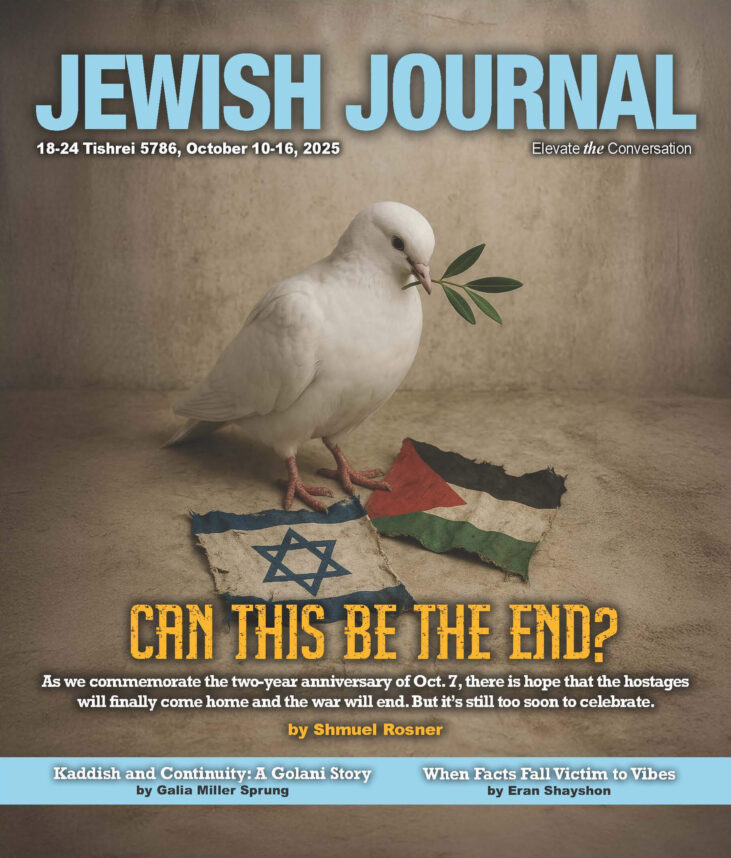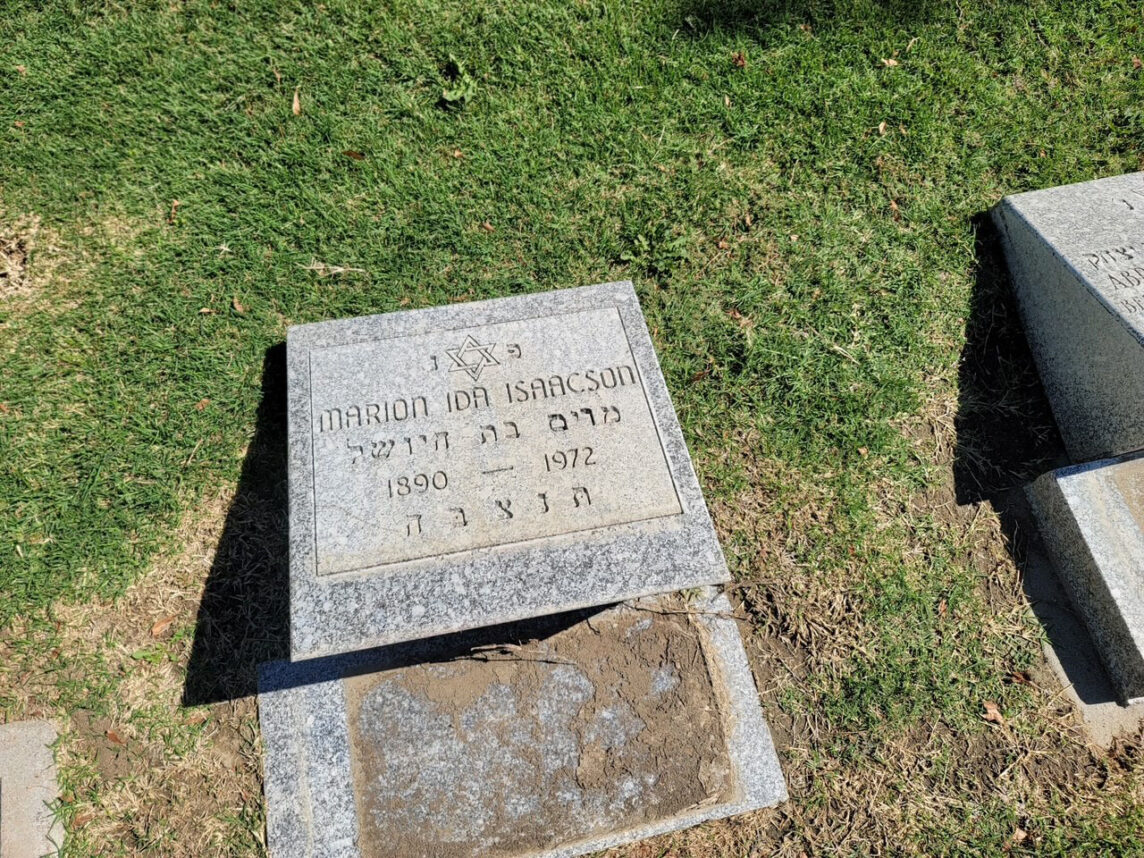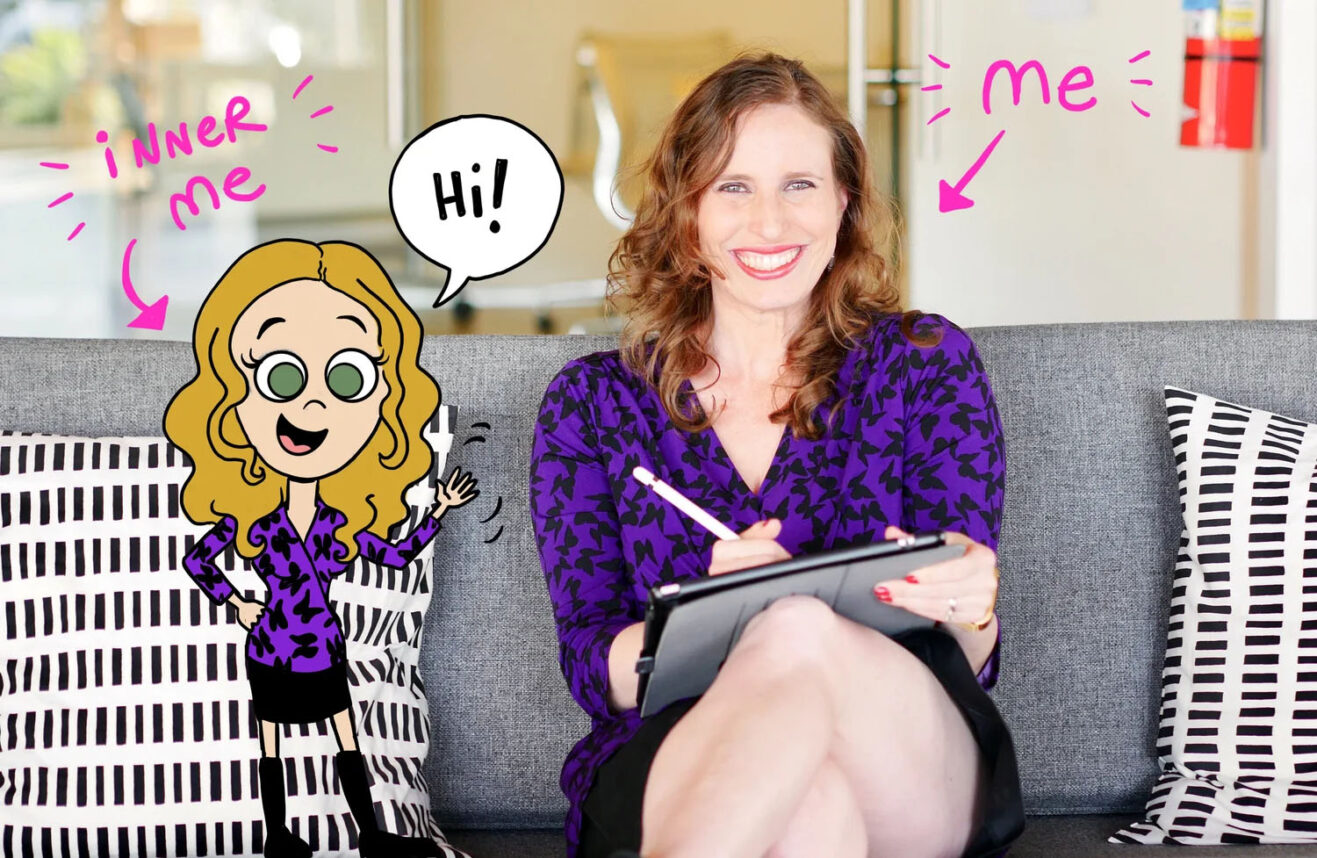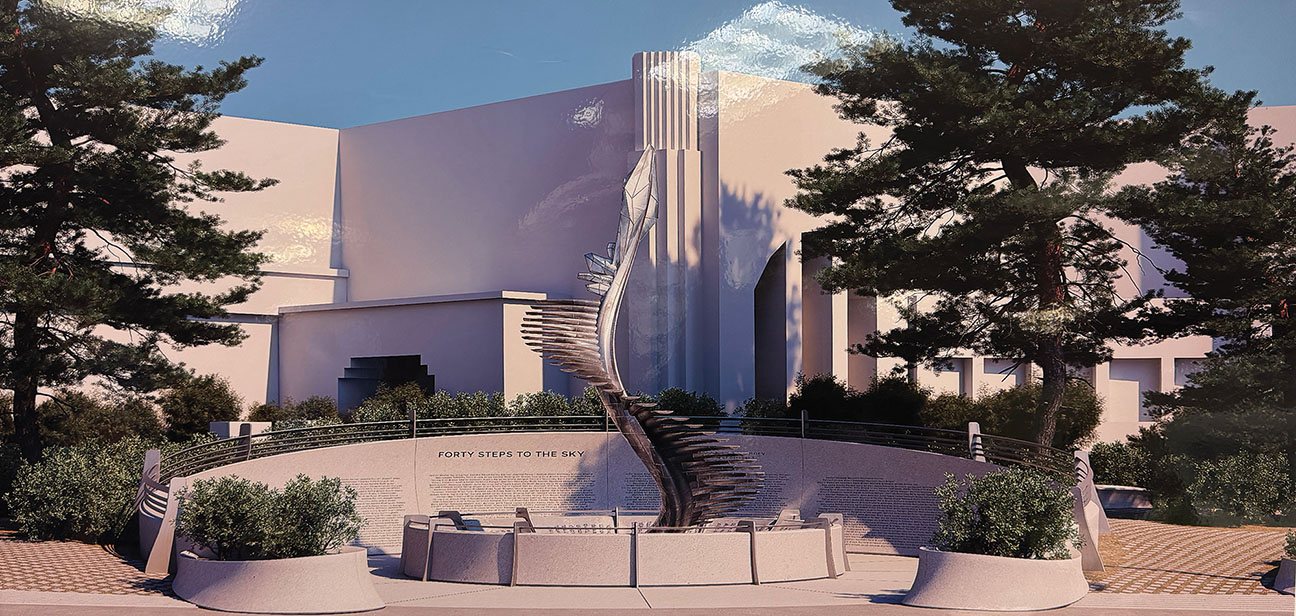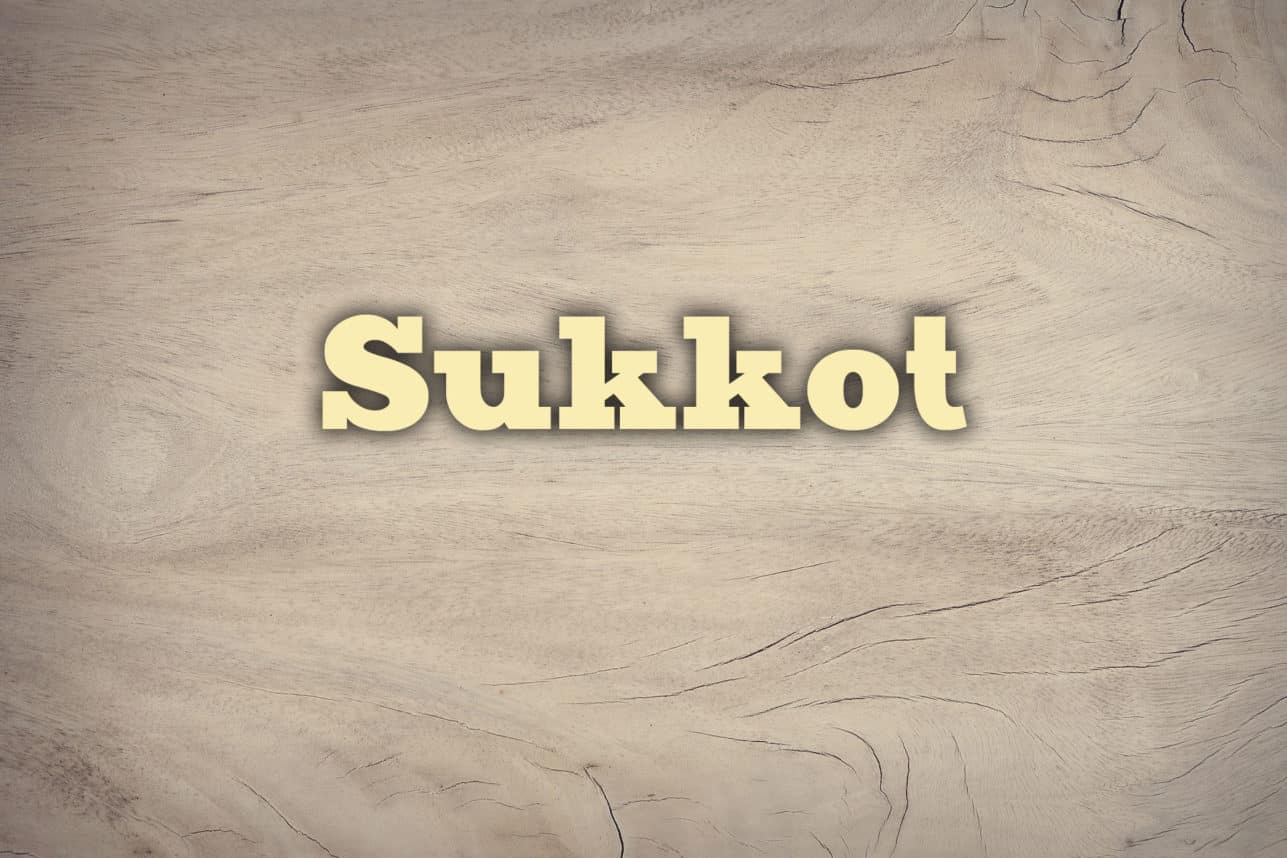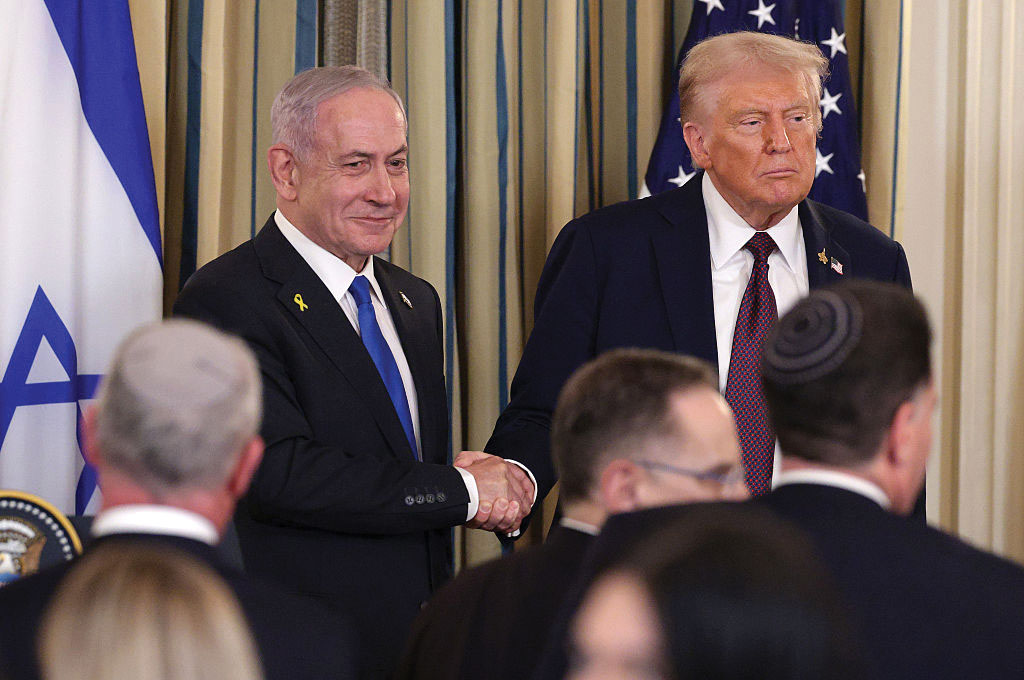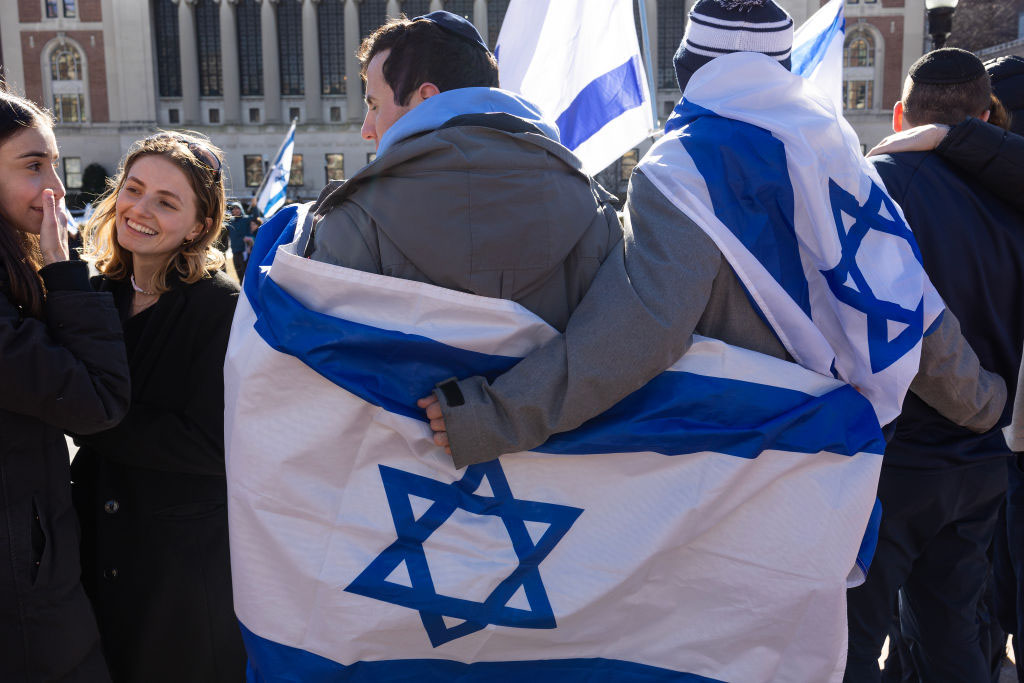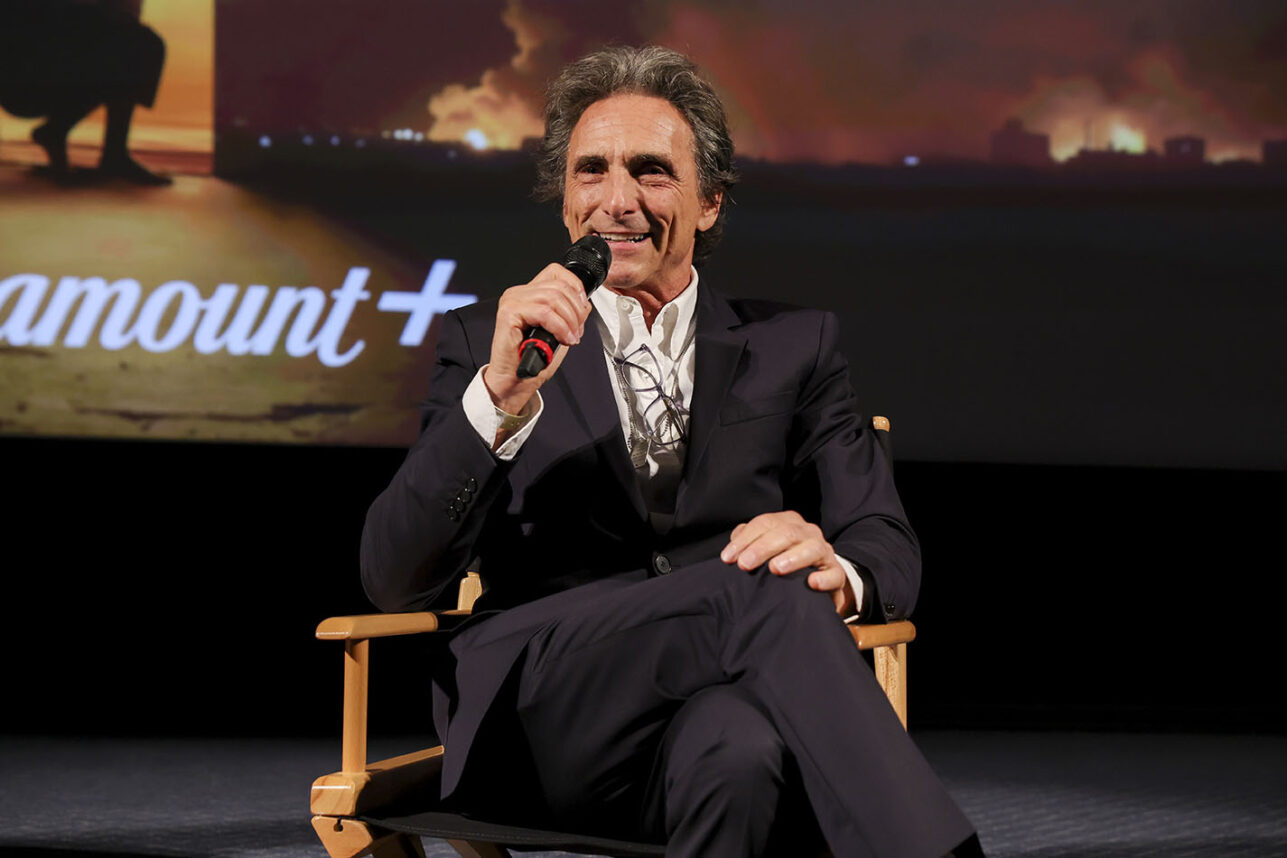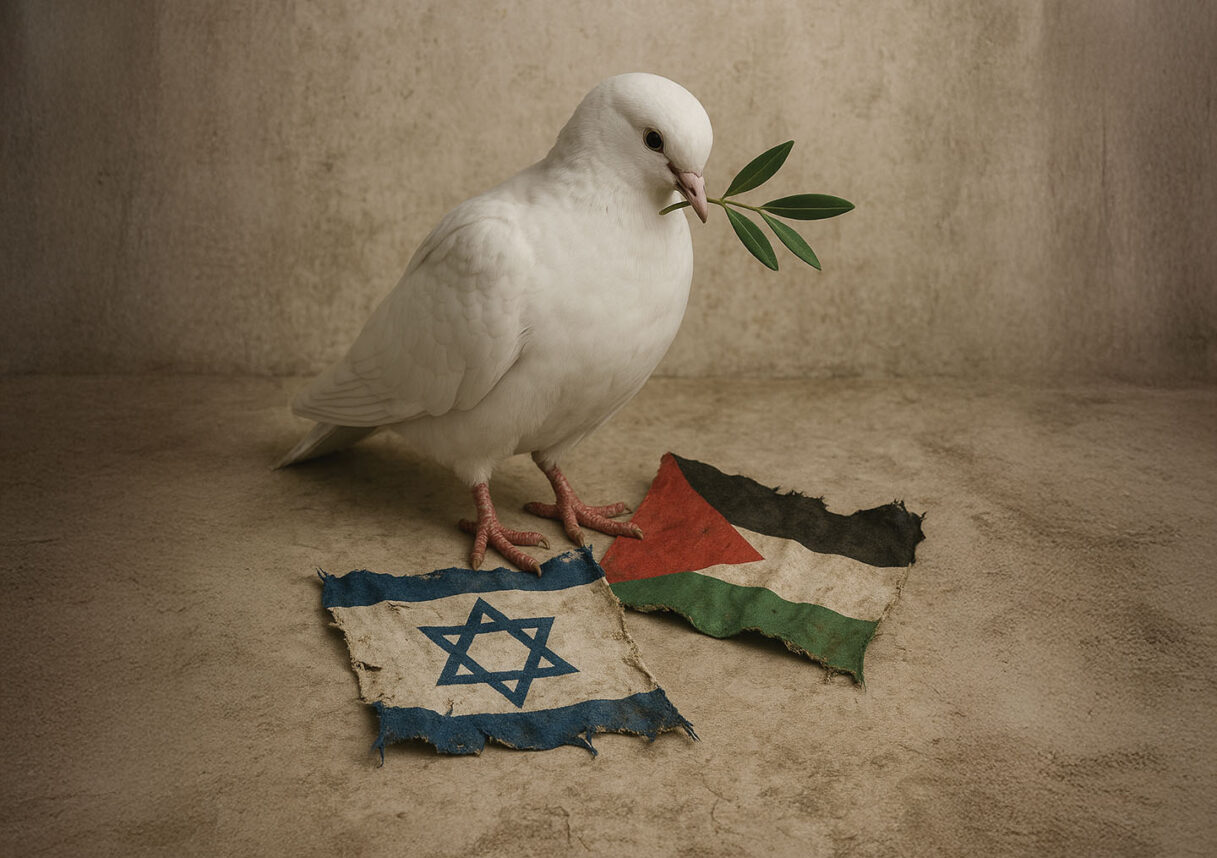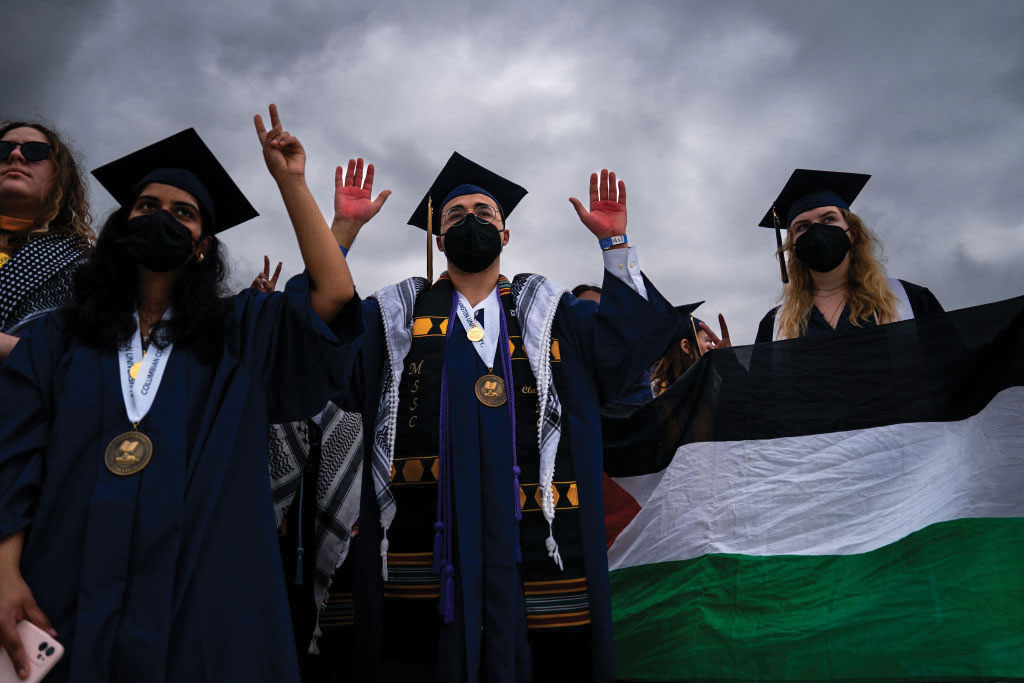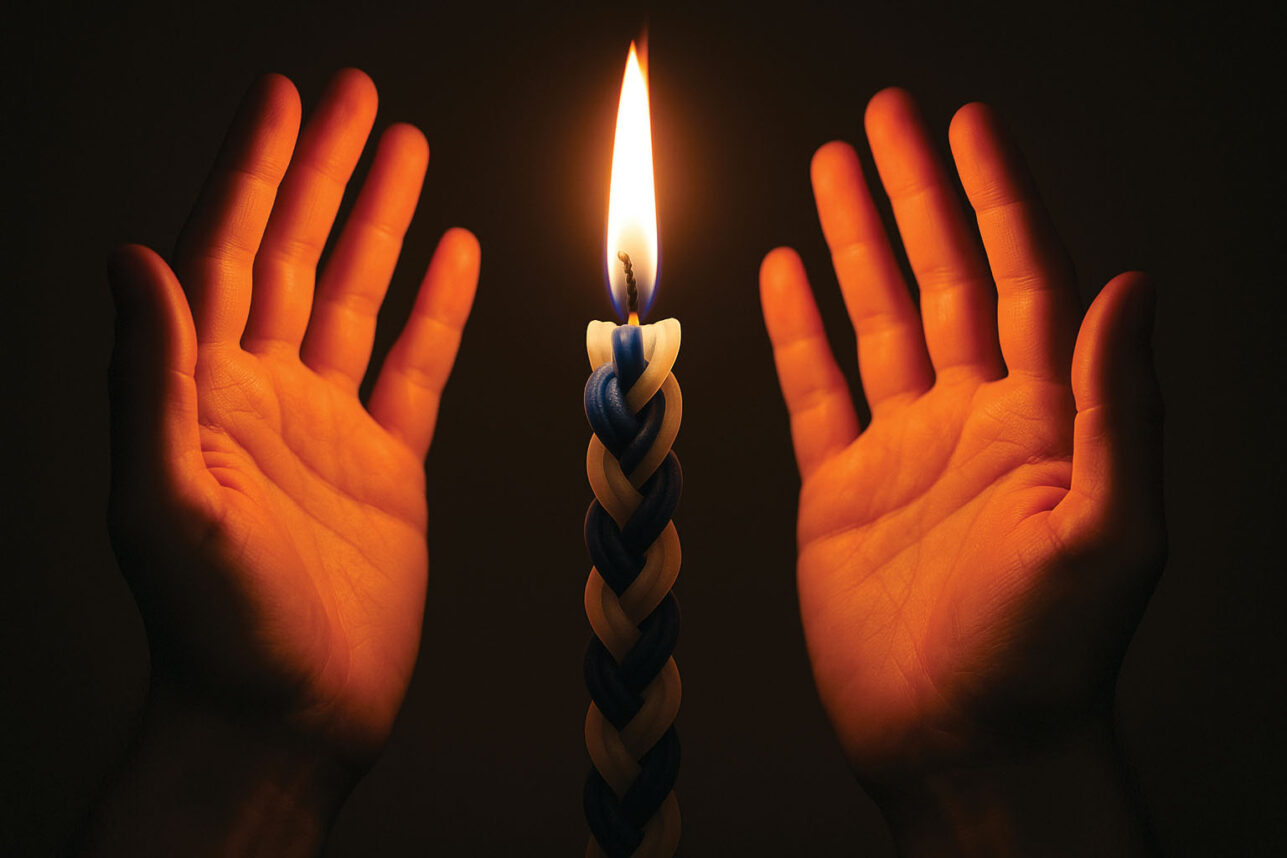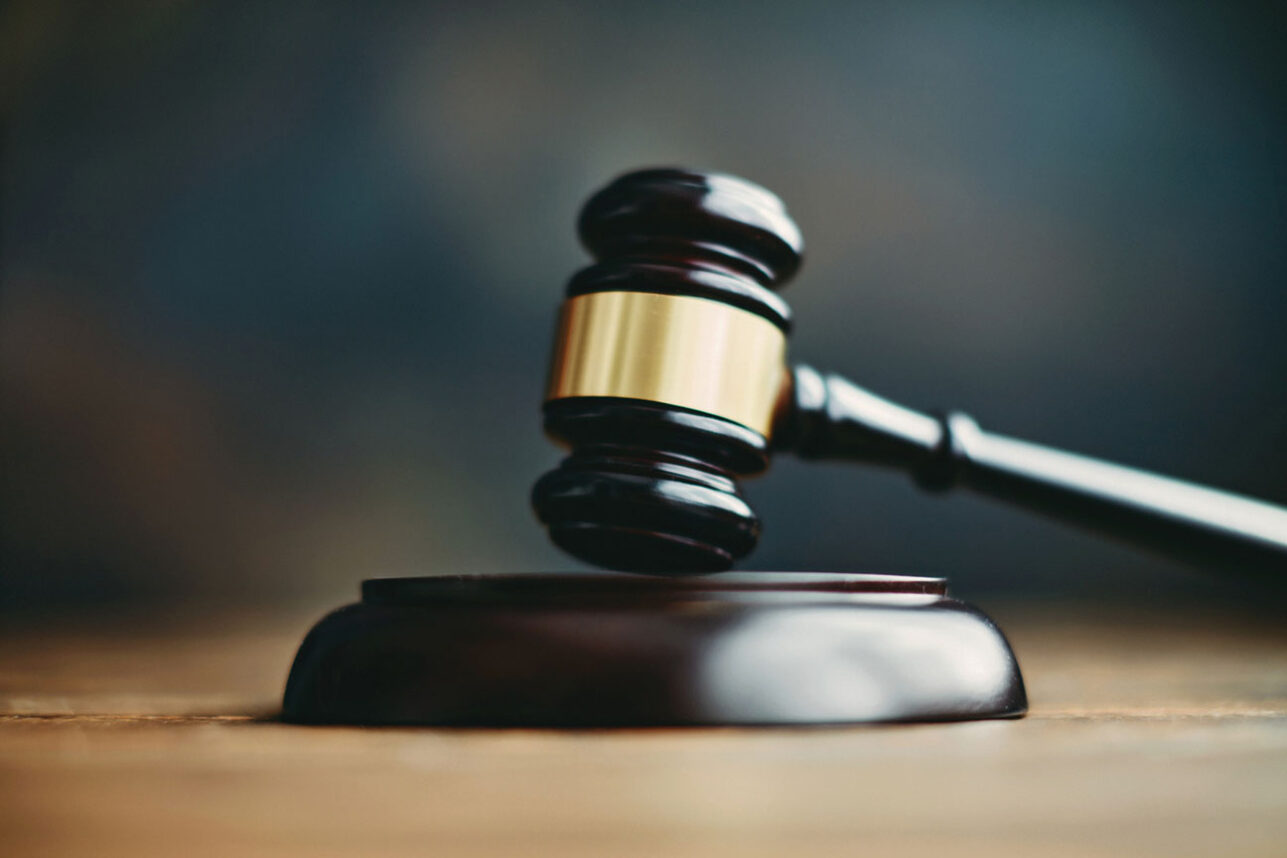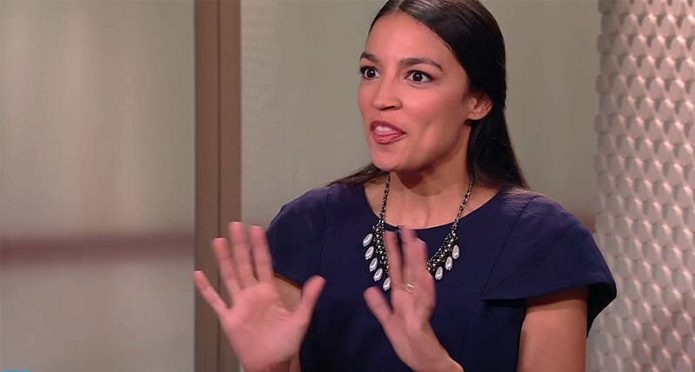
Twenty-eight-year-old Democratic congressional candidate Alexandria Ocasio-Cortez admitted that she was not an expert on the Israel-Palestine conflict after being asked to expand upon her criticisms of Israel.
The July 13 interview, which took place on PBS’ Firing Line, featured Ocasio-Cortez lamenting the “occupation of Palestine” and the “increasing crisis of humanitarian condition” there. Host Margaret Hoover then pressed her to elaborate on what she meant by the “occupation of Palestine.”
“Oh, um… I think what I meant is like, the settlements that are increasing in some of these areas and places where Palestinians are experiencing difficulty in access to their housing,” Ocasio-Cortez replied.
Hoover again asked Ocasio-Cortez to further elaborate, prompting Ocasio-Cortez to chuckle, “I am not the expert on geopolitics on this issue.”
Socialist Alexandria Ocasio-Cortez attacks Israel, calls them the occupiers of Palestine.
When pressed on what she meant she struggled to give an answer and then admitted she does not know what she is talking about. pic.twitter.com/e3Uq1eupD3
— Ryan Saavedra (@RealSaavedra) July 16, 2018
Ocasio-Cortez has also accused Israel of committing a “massacre” at the Israel-Gaza border during the May riots.
The Simon Wiesenthal Center tweeted in response to Ocasio-Cortez’s comments:
Road to hell paved with good intentions and scant knowledge. Happy to provide info to Alexandra who knows zero about 3,500 yr relationship of Jewish people to Land of Israelhttps://t.co/DUqVpxtG5x
— SimonWiesenthalCntr (@simonwiesenthal) July 16, 2018
Rabbi Andy Bachman, the executive director of the Jewish Community Project of Lower Manhattan, wrote in a Journal op-ed that Ocasio-Cortez’s past statements on Israel suggest that she has “a less than nuanced perspective” and encouraged her to come to Israel with him.
“Jewish people have had a 3,000-year connection to the land. One can walk around Jerusalem’s ancient settlements that were inhabited by Jews from the era of King David to the prophet Isaiah; from Alexander the Great to King Herod and Jesus; through the pain of Roman exile and a thriving Diaspora; and finally to the modern era’s 19th-century Zionist movement, which revitalized the Hebrew language, established a state (through U.N. acclamation) and won independence in 1948,” Bachman wrote.
Bachman added toward the end of the column, “I’ll take you and there introduce you to leaders across racial, ethnic, religious, class and generational spectrums who are working each day in a positive and constructive way to build the two-state solution and the chance for peace for Israelis and Palestinians.”









